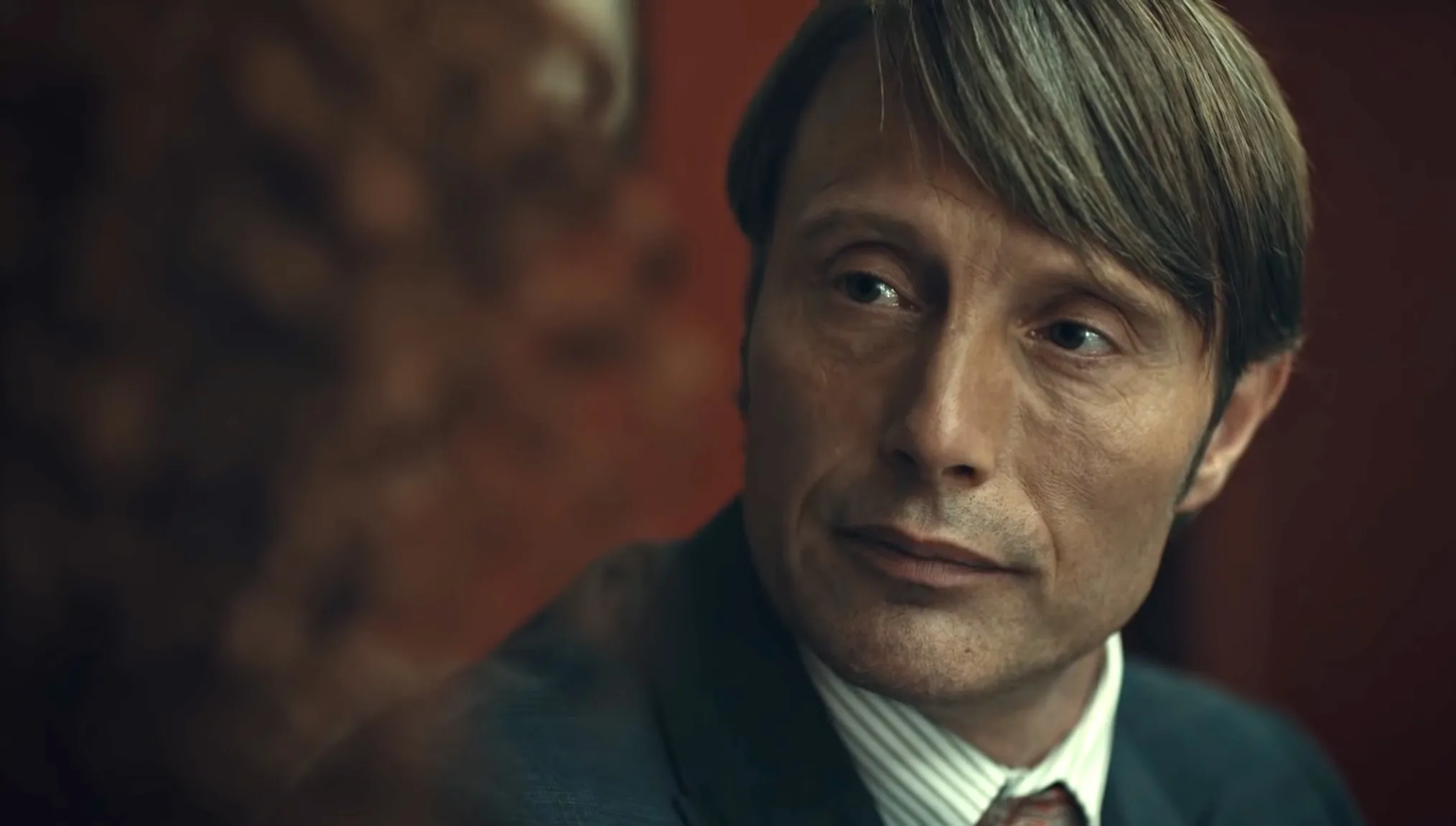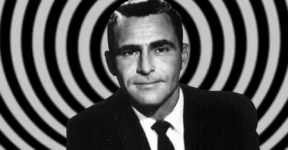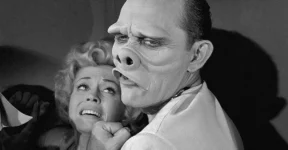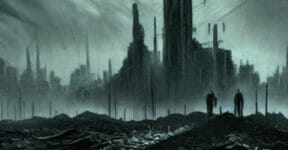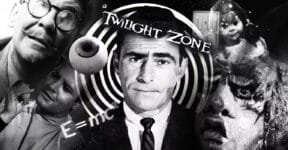Horror on the small screen has always been a hit-and-miss affair. Most horror shows in the old days were anthologies, in which each episode brought a new story (often unrelated to the previous one), a new cast, new characters, and new settings. Series offered in this format included The Twilight Zone, Are You Afraid of the Dark, and Hammer House of Horror, to name a few. If you hadn’t watched an episode last week, you wouldn’t have to worry about missing the plot, anyway.
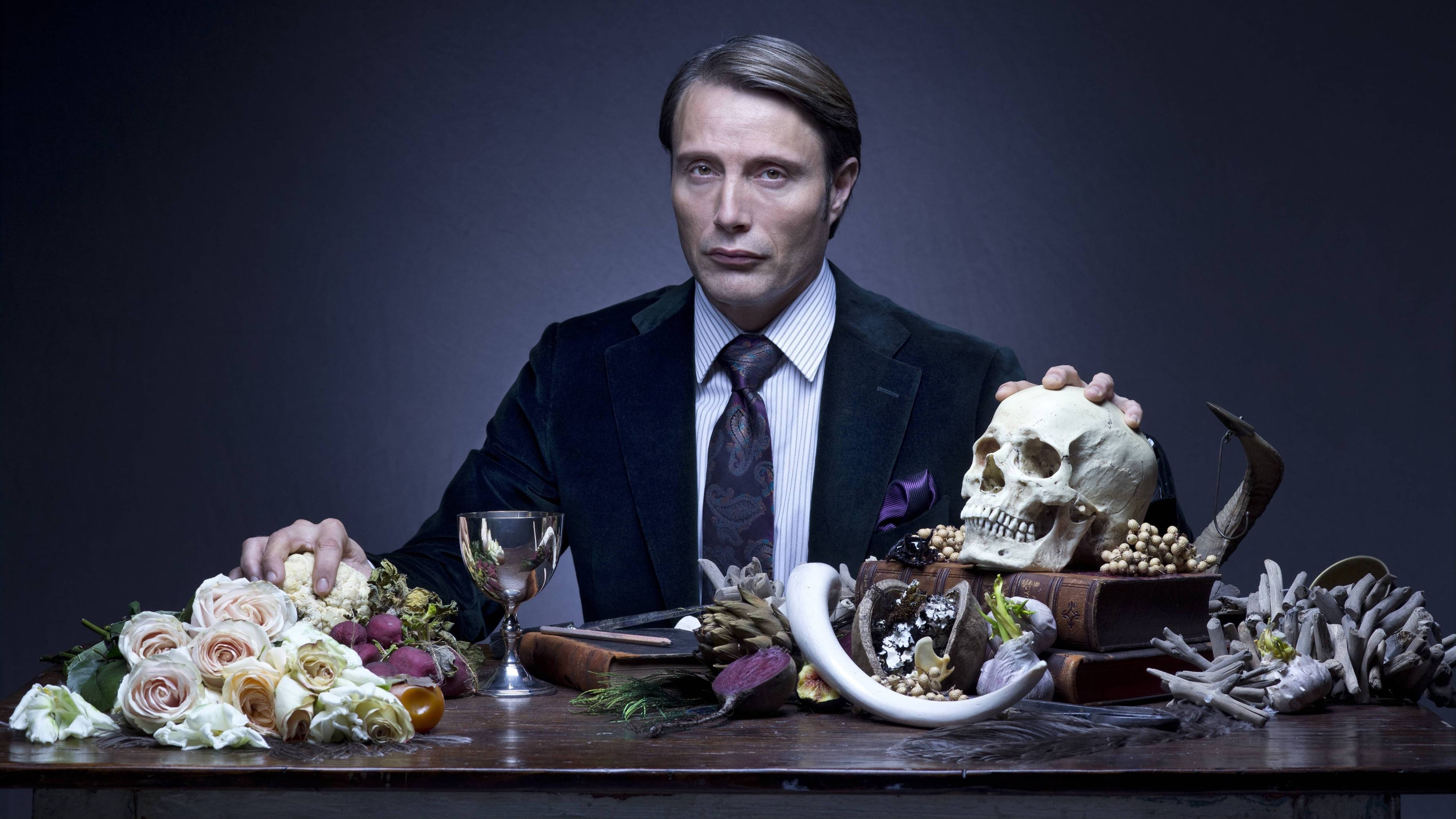
Being an anthology allowed those series to cross the conventional boundaries of storytelling styles as defined by the horror genre. For instance, The Twilight Zone is often regarded as one of the TV’s best sci-fi horror shows ever, but it doesn’t mean that each episode always carries a mixture of elements from those genres. Some episodes are straightforward sci-fi, while others are plain-and-simple supernatural horrors. Certain series also made the case for a pretty unconventional mixture with comedy (as in the case with The Addams Family and The Munsters) and even soap opera (like what you had from Dark Shadows).
Arguably, the most consistently sci-fi horror series of all is The X-Files; while Mulder always wants to believe that the truth to every single mystery – whether supernatural, alien visitation, and natural oddity – is out there, the skeptical Scully always puts the science and objectivity back into his perspective. In so many ways, Scully prevents the series from digging too deep into the realm of pure horrors, paranormal activities, and conspiracy theories. For a sci-fi horror to coexist in harmony in any TV show, there has to be at least one Scully-esque character among the superstitious. Another thing to mention is that despite having an explicit long-story arc, The X-Files is mostly an anthology series. You can just jump in into the show regardless of season and episode and still enjoy a good story.
Sci-fi horror is such a match made in heaven for television programming, as the blend is expected to attract fans of both genres together in one go. The X-Files proves that the mixed genre works well on the small screen, so there should be nothing wrong with using the same old formula for other series.
However, modern telly is characterized by serialized format. With a slew of online streaming services available at everybody’s fingertips, you have a better chance at retaining the audience by giving them a long-stretched storytelling where a single episode is just a small piece of a large puzzle. Serialized format wants the viewers to drown themselves in the complex storyline to where they need to keep watching to arrive at an agreeable conclusion.
Take The Walking Dead as an example; throughout its long-stretched 11 seasons, there’s never a promise that the next episode would answer the questions raised during the previous one. Sometimes, the series takes multiple seasons just to conclude a subplot. But is the series actually sci-fi horror? The Walking Dead is sci-fi horror and then some. Besides the zombies of mysterious origins and outright body horror, it also offers an extensive dose of romance and family drama. If you watch closely enough, there’s even a psychological thriller here and there. As if the serialization isn’t long and winding enough, it actually takes a spin-off show to explain the zombie virus origin.
Serialized format is excellent because the continuous narrative promises a lot of twists and turns to bridge character development and developing ideas, which is the main reason it was traditionally reserved for thrillers and dramas. Using it for a sci-fi horror will work so long as you offer more than just monsters and mayhem, exactly like what The Walking Dead does. It’s perfect for binge-watching, and ideal for today’s DVR-heavy audience. Learning from The X-Files, sci-fi horror isn’t supposed to be like that. It’s about immersing yourself in the mystery, getting punched in the face with terrors, and walking out with a memorable experience. Whether you like it, that’s not how modern sci-fi horror is on the small screen now.
NBC’s Hannibal does away with all the unnecessary drama and keeps everything tight within the scope of traditional sci-fi horror. Sure, the series runs through the veins of procedural drama, but it’s definitely much more than that. Aside from the procedural structure, the consensus is that Hannibal quickly becomes out of place on broadcast TV and more suitable for premium cable, but only for good reasons. You can’t deny that the series is a proper sci-fi horror with all its surreal elements, graphical violence, philosophical storytelling, psychological themes, and behavioral analysis that make it a standout entertainment. Hannibal is anything but mainstream, and that’s why it has to go away after only three seasons.
American Horror Story tries to get the best of both worlds, and it does work really well. Every season (instead of episode) is a new story arc, so it caters to those who like the serialized format without completely neglecting the anthology style. One of the biggest problems, especially if you’re an ardent fan of the mixed genre, is that the sci-fi sometimes runs thin with American Horror Story. During the first season, for example, all the terrors are delivered to your screen by ghosts in search of vengeance; the second season, however, you have a little more sci-fi with a mixture of aliens and mutants alongside Santa Claus, serial killers, Nazi war criminals, and psychopathic nuns.
We think modern sci-fi horror on the small screen still relies much on the drama elements, which inevitably lead to serialized form, to keep viewership. You must understand that TV programming is essentially a tool of the entertainment industry, where networks are racing against each other for the best rating. And the industry at the moment works not in favor of anthology style. There’s not much you can do about that, but the good thing is now and then TV still gives us rare gems like Hannibal and American Horror Story to remind ourselves that sci-fi horror and serialized format can come together without having to introduce too many tropes from any other genre.
Is there a modern equivalent of The X-Files today? Do you think the latter series (third and fourth) of The Twilight Zone are improvements to the original? We’d love to hear from you.
Other Things You Might Want to Know
Where to watch The Twilight Zone?
The show is still available for streaming from a plethora of services, including but not limited to Pluto TV, Paramount Plus, and Apple TV.
How many episodes are there in The X-Files?
There are in total 218 episodes throughout its 11-seasons run. The original series aired for nine seasons from 1993 to 2001, but then it was revived for two more seasons from 2016 to 2018.
Some of the latest film acting credits by Mads Mikkelsen (Hannibal, Dr. Hannibal Lecter):
| Film | Year | Role |
| Another Round | 2020 | Martin |
| Riders of Justice | Markus | |
| Chaos Walking | 2021 | Mayor Prentiss |
| Fantastic Beasts: The Secrets of Dumbledore | 2022 | Gellert Grindelwald |
| Indiana Jones and the Dial of Destiny | 2023 | Dr. Jürgen Voller |
| The Promised Land | Ludvig Von Kahlen | |
| Mufasa: The Lion King | 2024 | Kiros (Voice) |
Check out other articles by month:

